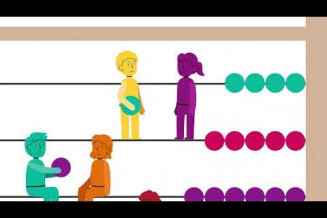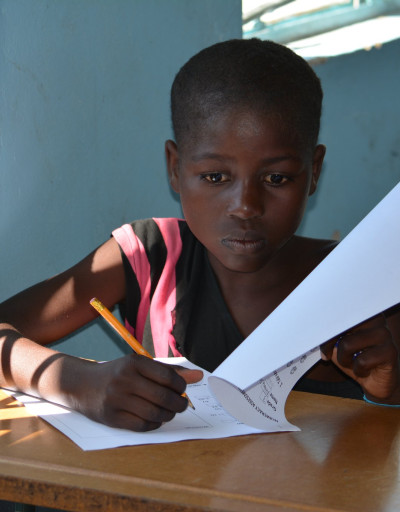Setting commitments: National SDG 4 benchmarks to transform education
As the world reaches the midpoint in implementation of the 2030 Agenda for Sustainable Development, the international education community is still reeling from the impact of the long school closures that characterized the response to the COVID-19 pandemic. It is in this context that the Transforming Education is taking place.
Inspired by the UN Secretary-General’s 2014 call for countries to embrace ‘a culture of shared responsibility’ based on ‘benchmarking for progress’, paragraph 28 of the Education 2030 Framework for Action in turn called on countries to establish ‘appropriate intermediate benchmarks ... for addressing the accountability deficit associated with longer-term targets’.
It is therefore timely that countries have committed to achieving concrete progress by 2025 and 2030 on seven SDG 4 benchmarking indicators: early childhood education attendance; out-of-school rates; completion rates; gender gaps in completion rates; minimum proficiency rates in reading and mathematics; trained teachers; and public education expenditure.
These national targets have brought renewed energy to the 2030 Agenda in education. They have helped put the expected level of ambition between now and 2030 into perspective. They have helped put an end to the assumption that a country that has not achieved all targets has not made sufficient effort. And it is now being proposed by the SDG 4 High-level Steering Committee in their Call to Action as the basis for the follow-up mechanism for commitments of the Transforming Education Summit.
Social media resources: English
Press release: English / Español / Français
Frequently Asked Questions: English
GEO website: English
Presentation: English
2021 National SDG 4 benchmarks: English






